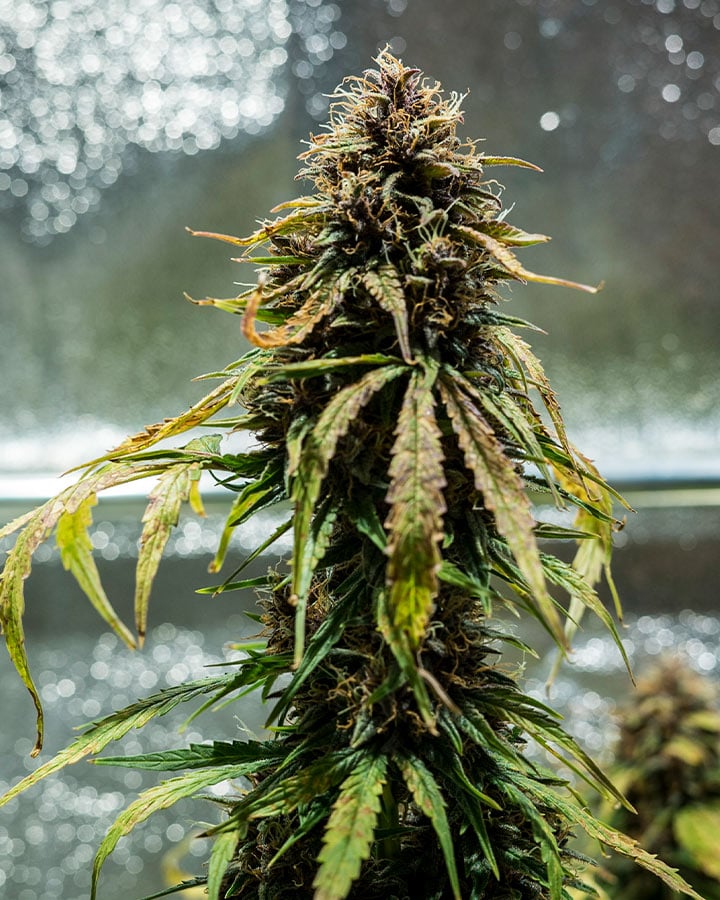CBD flower, derived from the cannabis plant, has garnered significant attention in recent years for its potential therapeutic benefits and its unique composition. Unlike its cousin, THC-rich marijuana, CBD flower contains minimal levels of tetrahydrocannabinol THC, the psychoactive compound responsible for the high associated with cannabis consumption. Instead, CBD flower is abundant in cannabidiol CBD, a non-intoxicating cannabinoid known for its various health-promoting properties. One of the primary reasons for the growing popularity of CBD flower is its potential to alleviate a wide range of physical and mental ailments without inducing intoxication or impairment. Research suggests that CBD interacts with the body’s endocannabinoid system, a complex network of receptors and neurotransmitters that regulate various physiological functions, including mood, sleep, pain sensation, and immune response. One of the most well-documented benefits of CBD flower is its ability to reduce pain and inflammation.

Numerous studies have demonstrated CBD’s analgesic and anti-inflammatory properties, making it a promising natural alternative for individuals suffering from chronic pain conditions such as arthritis, fibromyalgia, and multiple sclerosis. Unlike opioid medications, which carry the risk of addiction and adverse side effects, CBD offers a safer and non-addictive option for pain management. In addition to its pain-relieving effects, CBD flower has shown promise in alleviating symptoms associated with anxiety and depression. Research indicates that CBD interacts with serotonin receptors in the brain, which play a key role in regulating mood and emotional wellbeing. By modulating serotonin levels, CBD may help reduce feelings of anxiety and promote a sense of calmness and relaxation without the sedative effects commonly associated with pharmaceutical anti-anxiety medications. Furthermore, CBD flower has been studied for its potential neuroprotective properties, suggesting it may offer benefits for individuals with neurological disorders such as epilepsy, Parkinson’s disease, and Alzheimer’s disease.
Studies have shown that CBD may help reduce the frequency and severity of seizures in patients with epilepsy, possibly by stabilizing neuronal activity and exerting anti-convulsant effects. Additionally, CBD’s antioxidant properties may help protect brain cells from oxidative stress and inflammation, which are implicated in the progression of neurodegenerative diseases. Moreover, cbd flower is increasingly being recognized for its potential to promote better sleep quality and alleviate insomnia. By interacting with receptors involved in the sleep-wake cycle, CBD may help regulate sleep patterns and improve overall sleep duration and quality. Unlike conventional sleep aids, which often come with unwanted side effects and the risk of dependency, CBD offers a natural and non-habit-forming alternative for individuals struggling with sleep disturbances. CBD flower represents a versatile and promising botanical remedy with a wide range of potential health benefits. From its ability to relieve pain and inflammation to its potential to alleviate anxiety, improve sleep, and protect neurological health, CBD offers a holistic approach to wellness without the psychoactive effects of THC-rich cannabis.
